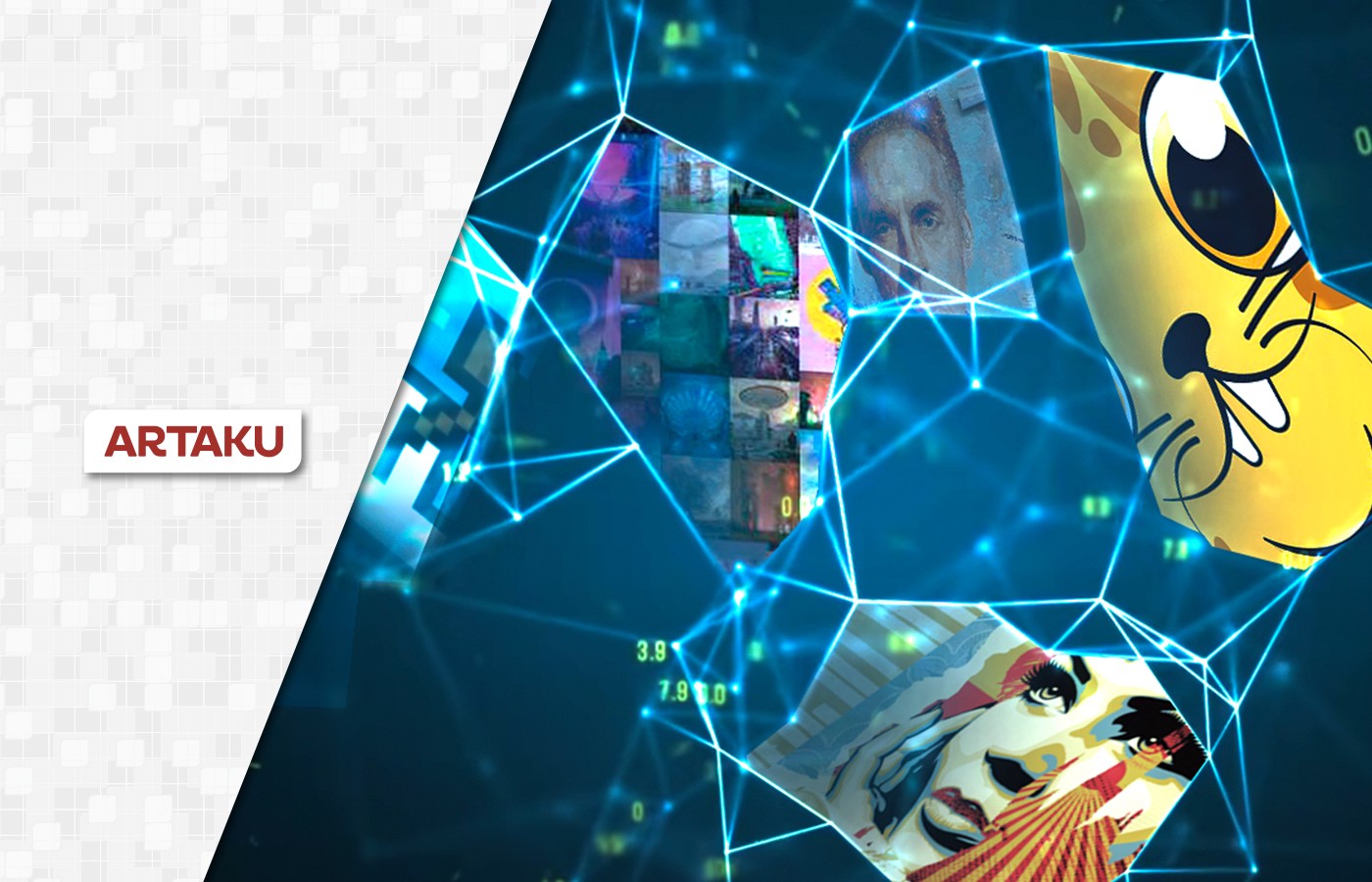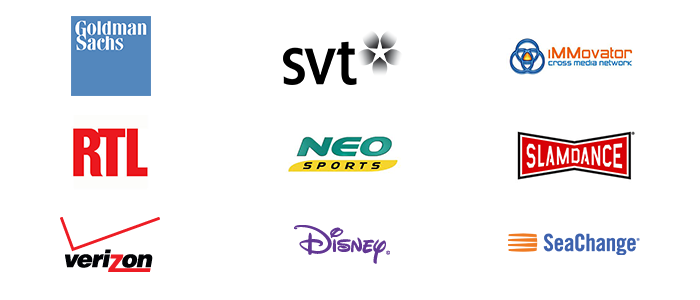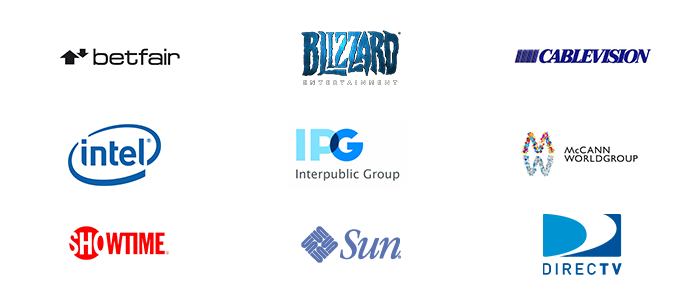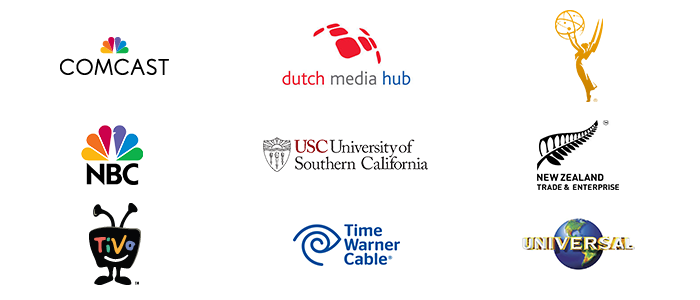
The internet has always held a lot of promise for creators. It hasn’t always delivered.
In a creator’s utopia, they would have unmediated access to their audience — no red tape, no gatekeepers, devoted audiences, and the ability to make a sustainable living from their art. Instead, things got complicated and the creator economy made an enormous promise that it’s only fulfilled in certain cases.
Some creators hit the jackpot — a combination of timing, luck, talent, and being on the right platform at the right time. But not every willing artist has found a sustainable business as an online creator — there hasn’t been an even distribution of fandom and success.
The good news is that we’re getting a do-over.
Momentum is swinging back in favor of creators (and their fans), due in part to fan support-driven platforms like Patreon and, well, NFT marketplaces.
NFTs might seem revolutionary, and technologically speaking they are, but they’re part of the creator and fan economy continuum. You might even say they harken back to the dawn of the internet and the promise of having access to the right group of fans.
Back to the Future
In his classic 2008 essay “1000 True Fans,” Kevin Kelly predicted that the internet would shift the paradigm of the creator economy:
To be a successful creator you don’t need millions. You don’t need millions of dollars or millions of customers, millions of clients or millions of fans. To make a living as a craftsperson, photographer, musician, designer, author, animator, app maker, entrepreneur, or inventor you need only thousands of true fans.
A true fan is defined as a fan that will buy anything you produce. These diehard fans will drive 200 miles to see you sing; they will buy the hardback and paperback and audible versions of your book; they will purchase your next figurine sight unseen; they will pay for the “best-of” DVD version of your free youtube channel; they will come to your chef’s table once a month. If you have roughly a thousand true fans like this (also known as super fans), you can make a living — if you are content to make a living but not a fortune.
Kelly envisioned a world where anyone with talent and an internet connection could achieve financial independence, no matter how many creators might be competing for attention, support, and funds. As we mentioned earlier, that vision didn’t come true for everyone. But now, NFTs are poised to play a part in fulfilling the original promise of the creator internet: a marketplace where creators can connect with users in a new, unique, and meaningful way.
Fun fact: we named Artaku by combining the words Art and Otaku, a Japanese term for superfans reflecting powerful relationships between artists and fans.
NFTs can be a dream come true for fine artists, indie musicians, A-list celebrities, and all the creators in between. But what about the fans?
Turning Fans Into Owners
Traditionally, the only ways to engage with a favorite creator are by buying their products (that anyone else can buy) or consuming their content (that anyone else can consume). The recent NFT craze, however, reveals something fundamental about human psychology: we don’t want to merely consume things from creators — we want to own them. Objects have meaning to us, especially if they’re associated with a favorite artist or public figure.
If you’re truly obsessed with something — a movie, a meme, an athlete — you want a slice of its legacy that nobody else or few others have. NFTs deliver on that desire by legitimizing a piece of social currency. Much like a Boomer might want to flaunt a bottle of 1958 Domaine de la Romanee-Conti, a Gen Zer would rather claim exclusive ownership of a clip from their favorite YouTuber. Even better — a clip that’s artistically presented in a new way, perhaps packaged with physical items and unlocking unique or exclusive new experiences.
Watching a new wave of connections form between creators and fans is exhilarating. But how do we make sure the NFT marketplace doesn’t become a blockchain playground reserved for the ultra-wealthy or the crypto-savvy? We can’t all afford a $69 million-dollar Beeple. Far from it.
NFTs Can Democratize Art, But Who Will Democratize NFTs?
NFTs are exploding in popularity, but potential buyers can be deterred by cumbersome user interfaces or undecipherable crypto jargon. Whether you’re a consumer or a creator, you shouldn’t need tech support to tap into this digitized creator economy. Not to mention that buyers should be able to purchase an NFT with similar pricing to most consumer products, which will become more commonplace as the extremes of NFT 1.0 level off.
One of the principles Artaku is founded on is accessibility. Yes, NFTs are one piece of the continued democratization of the creator economy, but in order to accomplish that, platforms must be easy to engage with. As easy as entering a credit card number on any e-commerce platform — a priority for us at Artaku.
Beeple’s $69 million NFT may have been a global sensation, but such a lofty transaction is unrealistic for mainstream artists and consumers. Artaku is focused on attainable, meaningful digital collectibles that form an unobstructed connection — and business interaction — between fans and the artists they love, whether through art, music, sports, entertainment, and beyond.
You know, the way the creator economy was supposed to be.




